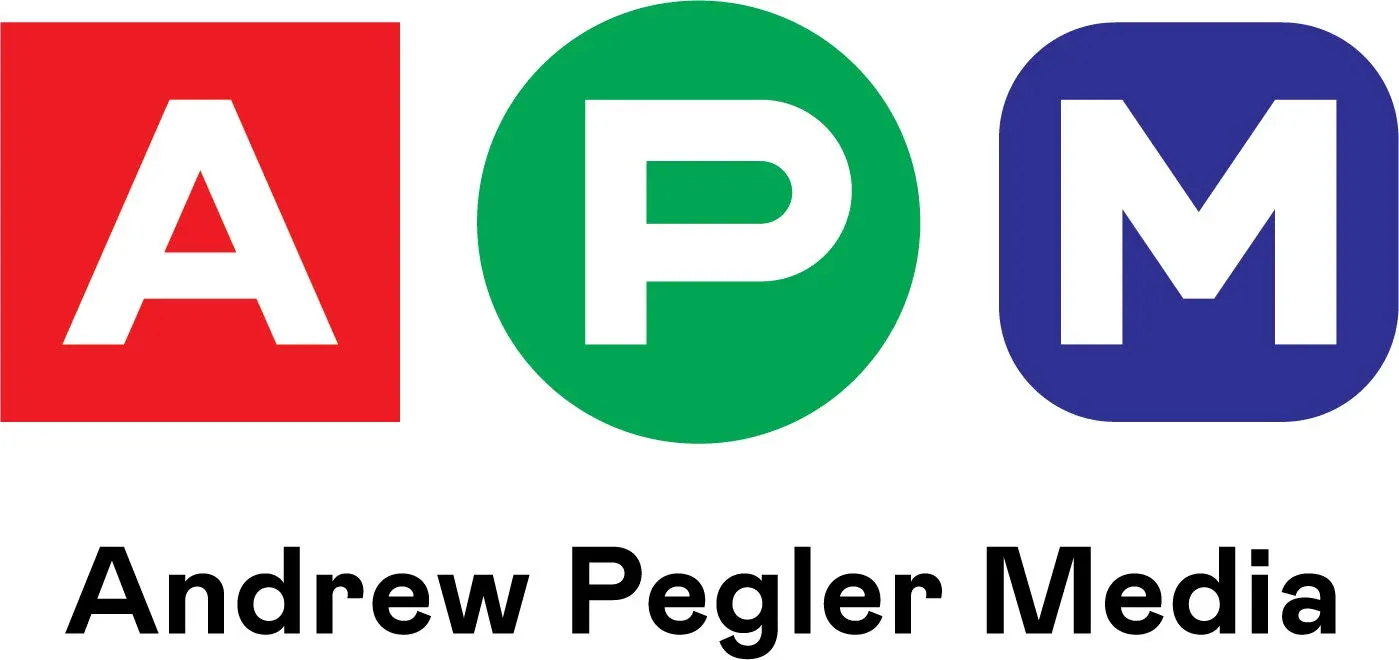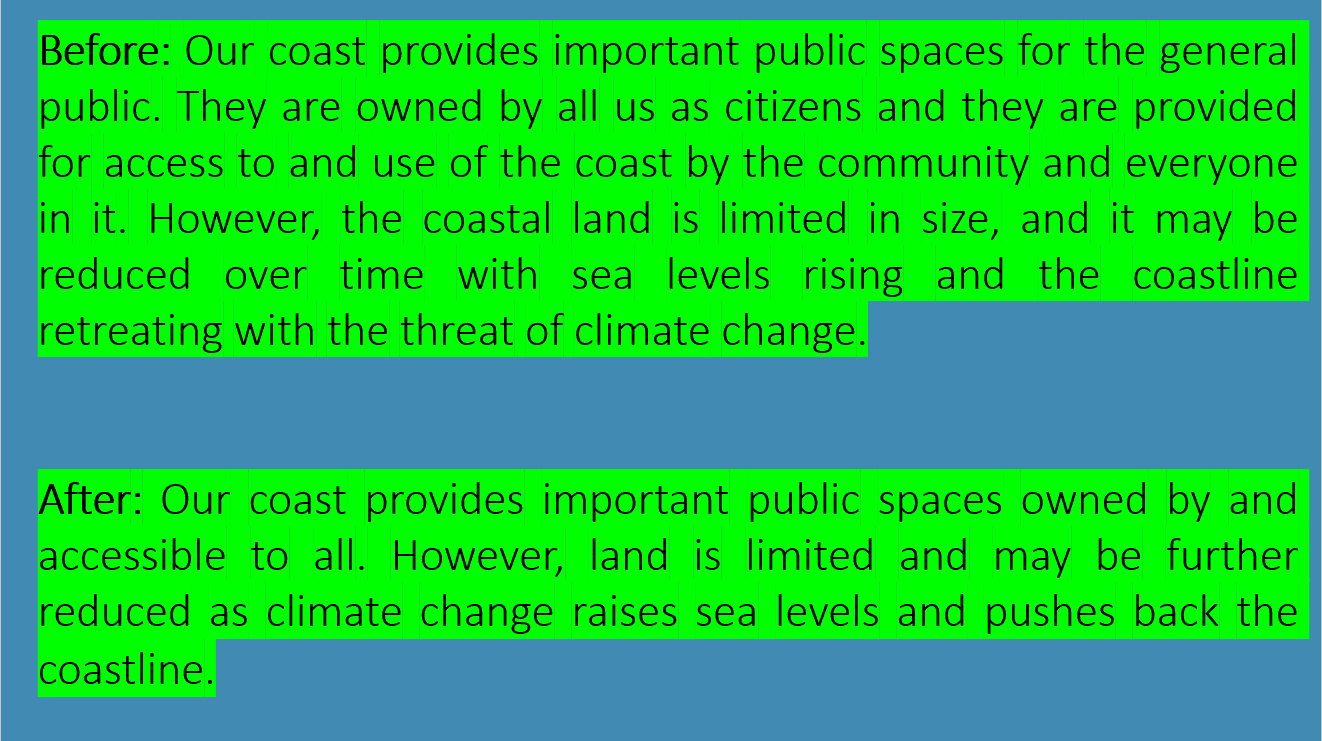(Please excuse the clunky Google translation from the original French) Welcome to our continuation of our trip to meet the experts of plain language, all over the world. This time, we’re taking you to Melbourne Australia, to meet Andrew Pegler, who runs one of Australia’s leading agencies dedicated to plain language writing. In particular, he works with…
Category Archives: Plain English Blog
K.I.S.S Spotting plain English in a corporate report can be like finding Waldo! It’s because people often fear that presenting complex ideas simply, makes them look stupid. But, making information accessible is smart. In fact, it’s the whole point of communication. If your reader will need a dictionary to get through the first paragraph, it’s…
I was in Boise, Idaho yesterday and you know how conservative that state can be and we went out for a walk to get a coffee and it was a cold day and within a quarter hour I must have seen 15 people with face piercings and green hair. Confused? You’re not alone. The paragraph…
Even if we’re winning at our job, know more than the average Joe, and are a member of an influential alma mater, clients and peers often judge us most by how well we write. In a nutshell—do they understand what we are saying? Success is a sure bet if we write well. Those skilled at…
So, are you friend or foe? When we first meet someone, we ask ourselves, “Is this person friend or foe?” Our subconscious – or conscious – answer decides what follows. That’s why the legal profession must be so careful when dealing with the public. Legal language is too easily felt as the language of an…
We plain English edited the Victorian Government policy on building houses on the coast. Here’s a before and after…
Not sure about you but I often struggle to follow instruction manuals. We recently plain English edited several for an alarm system importer who rightfully saw the importance of clarity in times of emergency. Here’s a before and after.
Truly good jazz is all about the notes that aren’t played. Same goes for good professional writing. Ask yourself ’does my audience really need this much detail? Am I confusing them or worse annoying my time-poor bosses or board members?’ So if it’s not crucial delete it. .
When we meet a stranger, we have one fundamental question — “are they friend or foe?” Everything follows from that decision. The same goes for what we read, writes Andrew Pegler. When language is obscure, it promotes doubt. Doubt leads to hesitation and fear of engagement. In other words, if you’re selling something or offering a…









